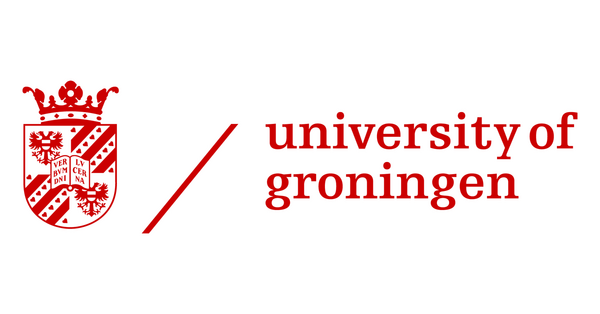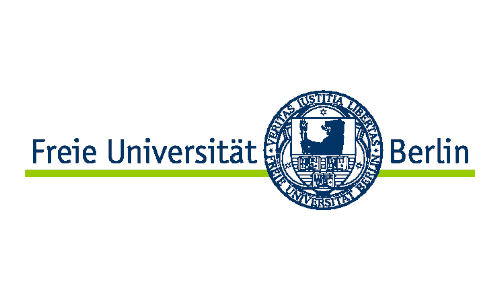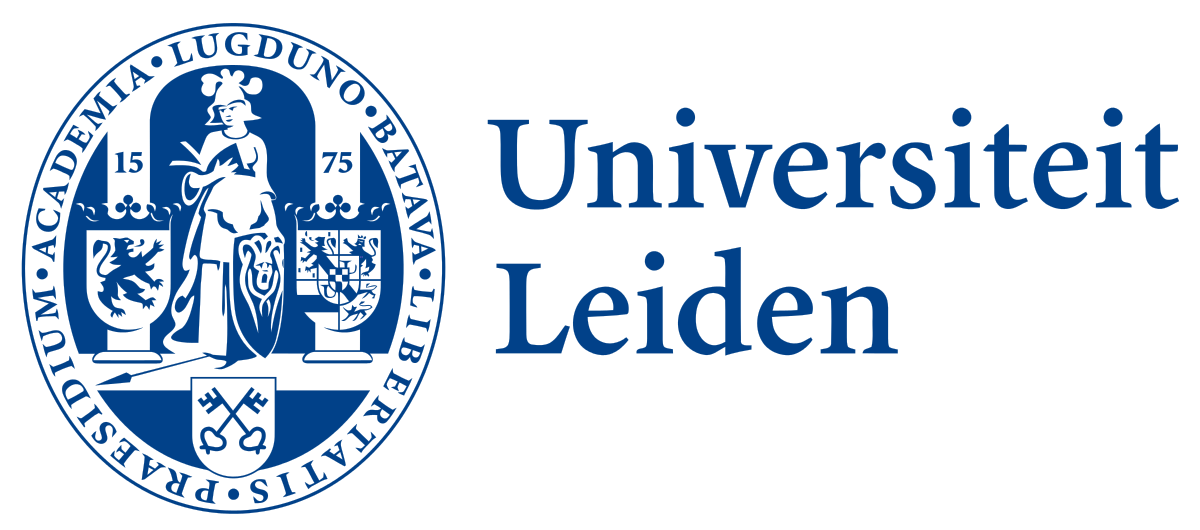Snabbfakta
-
- Groningen
- Heltid
- Rekrytering
Kategorier:
- Matematik
- Fysik
Titlar:
- Doktorand
Ansök senast: 2024-12-01
PhDs in the areas of exoplanet astronomy and galaxy formation and evolution
PhDs in the areas of exoplanet astronomy and galaxy formation and evolution (5.0 FTE)
The Kapteyn Astrono
Job description
The Kapteyn Astronomical Institute of the University of Groningen invites applications for at least 5 PhD positions in the areas of exoplanet astronomy and galaxy formation and evolution. Here we give a brief description of each position.
1. Interpretation of exoplanet atmospheric data from the JWST and Ariel telescopes
Supervisor: Dr Quentin Changeat
Description: The James Webb Space Telescope (JWST) has revolutionised the field of exoplanets by allowing us to probe their atmospheres in great detail. In parallel, ESA is preparing the Ariel Space Telescope (launch in 2029), a dedicated exoplanet mission to study 1000s of atmospheres. Current interpretation strategies, however, are often not sufficient due to the much higher information that can be extracted from the data and the number of targets being observed. In this project, the PhD candidate will focus on the study of exoplanet observations with JWST, and help in the preparation of interpretation tools for the Ariel mission. Possible investigation topics include the development of atmospheric models, statistical techniques, and/or instrumentation. Applicants with a background in mathematics, physics (including astro.), computer science, or engineering are encouraged to apply.
2. Evolution of rocky exoplanet interiors and atmospheres
Supervisor: Dr Tim Lichtenberg
The origin and evolution of the atmospheres of rocky worlds is a major question of exoplanet science, affecting the frequency of potentially habitable worlds and the prebiotic environment of the earliest Earth. The chemical evolution and dispersal of primordial atmospheres is directly tied to feedback processes between the outgassing and escaping atmosphere and planetary interior during so-called magma ocean epochs of rocky planets. The PhD candidate will study the influence of internal geophysical and atmospheric processes on the composition, climate, and observable signatures of low-mass exoplanets and early Earth analogues. Key topics may include the roles of disequilibrium chemistry and atmospheric escape during the transition from primary to secondary to potential rock vapour atmospheres, and the redox evolution and internal heating processes (e.g., tides, radioactive heating) during mantle crystallization. The project will focus on developing and applying novel computer codes to numerically simulate these planetary processes for interpretation of exoplanet surveys. Applicants with geoscience, planetary science, or computer science backgrounds are particularly encouraged to apply. More information can be found at https://www.formingworlds.space/phdpositions2024
3. Galaxy dynamics and dark matter across cosmic time
Supervisor: Dr Francesca Rizzo
Most of the star formation took place in galaxy disks, which are ubiquitous at z < 6. Yet crucial gaps remain in our understanding of how and when these disks settle, how the star formation within them is regulated and how the dark matter is distributed – gaps that stem from our limited knowledge of the dynamical and structural properties of galaxies. In this project, the PhD candidate will systematically study physical properties of galaxy disks and their environments across cosmic time, leveraging high-resolution data from cutting-edge facilities (e.g., ALMA, JWST), including the recently awarded ALMA Large Program, CONDOR. The candidate is expected to develop new fitting tools to model and analyze these data or use state-of-the-art cosmological simulations to interpret the observational results.
4. Dissecting galactic winds
Supervisor: Prof. Filippo Fraternali
Galactic winds, powered by supernova explosions and active galactic nuclei, play critical roles in shaping galaxy scaling relations and addressing issues like the missing baryon problem. However, the properties of these gas outflows remain largely undetermined, and theoretical models are poorly constrained. In this PhD project, we will study galactic winds visible through spectroscopic emission-line observations of ionised and neutral gas. The main goals are to precisely constrain their properties, such as mass loading factors, and compare them with theoretical predictions. The PhD candidate is expected to develop new 3D code based on previous work to accurately fit wind parameters. A substantial amount of spectroscopic data from state-of-the-art facilities, along with mock data from hydrodynamical simulations, will be used to study these winds from the present-day Universe to high redshifts.
This project is part of the ERC Advanced Grant "FLOWS", led by Prof. Fraternali.
More information can be found at https://www.filippofraternali.com/phdpositions2024
5. Unveiling gas accretion onto galaxies
Supervisor: Prof. Filippo Fraternali
Most matter in the Universe exists as gas within galaxies and their surroundings. Gas flows, including accretion and ejection, are crucial for galaxy growth, star formation, and evolution, yet remain poorly understood. This project aims to address these gaps by investigating gas flows at the disc-halo interface. The successful candidate will focus on the condensation of coronal gas induced by galactic fountain/circulations powered by supernova feedback that mix disc gas with the inner circumgalactic medium (CGM). This process, known as "fountain accretion," promotes the cooling and accretion of ambient gas onto the galactic disc, providing a crucial channel for star formation, especially during epochs of hot-mode accretion. The main goals are to unveil and measure gas accretion via this mechanism in local and high-redshift galaxies. This will be achieved by developing a new dynamical model of galactic fountains, informed by ultra-high-resolution magneto-hydrodynamical simulations, directly fitted to emission-line datacubes. The candidate will integrate observational data and theoretical models to construct a coherent picture of gas flows in galaxies.
This project is part of the ERC Advanced Grant "FLOWS", led by Prof. Fraternali.
More information can be found at https://www.filippofraternali.com/phdpositions2024
For detailed questions about a particular project, you can also email the prospective supervisors: https://www.rug.nl/research/kapteyn/institute/people/medewerkers
Please write a clear reference in the email subject (e.g. number(s) of the project you are applying for and/or name of the supervisor(s)).
Organisation
The Kapteyn Astronomical Institute is part of Faculty of the Science and Engineering and of The Netherlands Research School for Astronomy (NOVA). With 16 faculty members and about 60 PhD students, it is the second-largest astronomical institute in the Netherlands and recognised worldwide for the quality of its research in multiple areas of astronomy. Groningen, a historic University town in the Northern Netherlands, occupies a strategic place in Dutch astronomy, hosting also the low-energy astrophysics division of the Netherlands Institute for Space Research (SRON) and the NOVA sub-mm lab. The Kapteyn Institute has a strong connection with the Netherlands Institute for Radio Astronomy (ASTRON) in Dwingeloo, a European centre of radio astronomy research. Staff and PhD students at the Kapteyn Institute frequently collaborate with SRON and ASTRON scientists and engineers. There are also strong interdisciplinary connections with other institutes in the Faculty of Science and Engineering in Groningen, and across the Netherlands, such as with the Dutch Origins Center. English is the common language spoken at the institute.
Requirements
We seek excellent candidates with a strong background in the physical sciences who desire to obtain a PhD degree from a top European University. A successful candidate must hold a Master's degree in Physics, Astronomy, Geoscience, Mathematics and Computational Science or a related field, or equivalent degree by the starting date of the position. Previous research experience and skills will be important criteria for the selection.
Conditions of employment
Fixed-term contract: 48 months.
We offer you in accordance with the Collective Labour Agreement for Dutch Universities:
- a salary of € 2,872 in the first year to a maximum of € 3,670 gross per month in the final year (PhD salary scale), based on a full-time position
- a holiday allowance of 8% gross annual income
- an 8.3% year-end bonus
- a full-time position (1.0 FTE)
- a position for four years. The selected PhD candidates will be first offered a temporary position of one year with the option of renewal for another three years.
Additional information
For information you can contact
vacancykapteyn@astro.rug.nl



